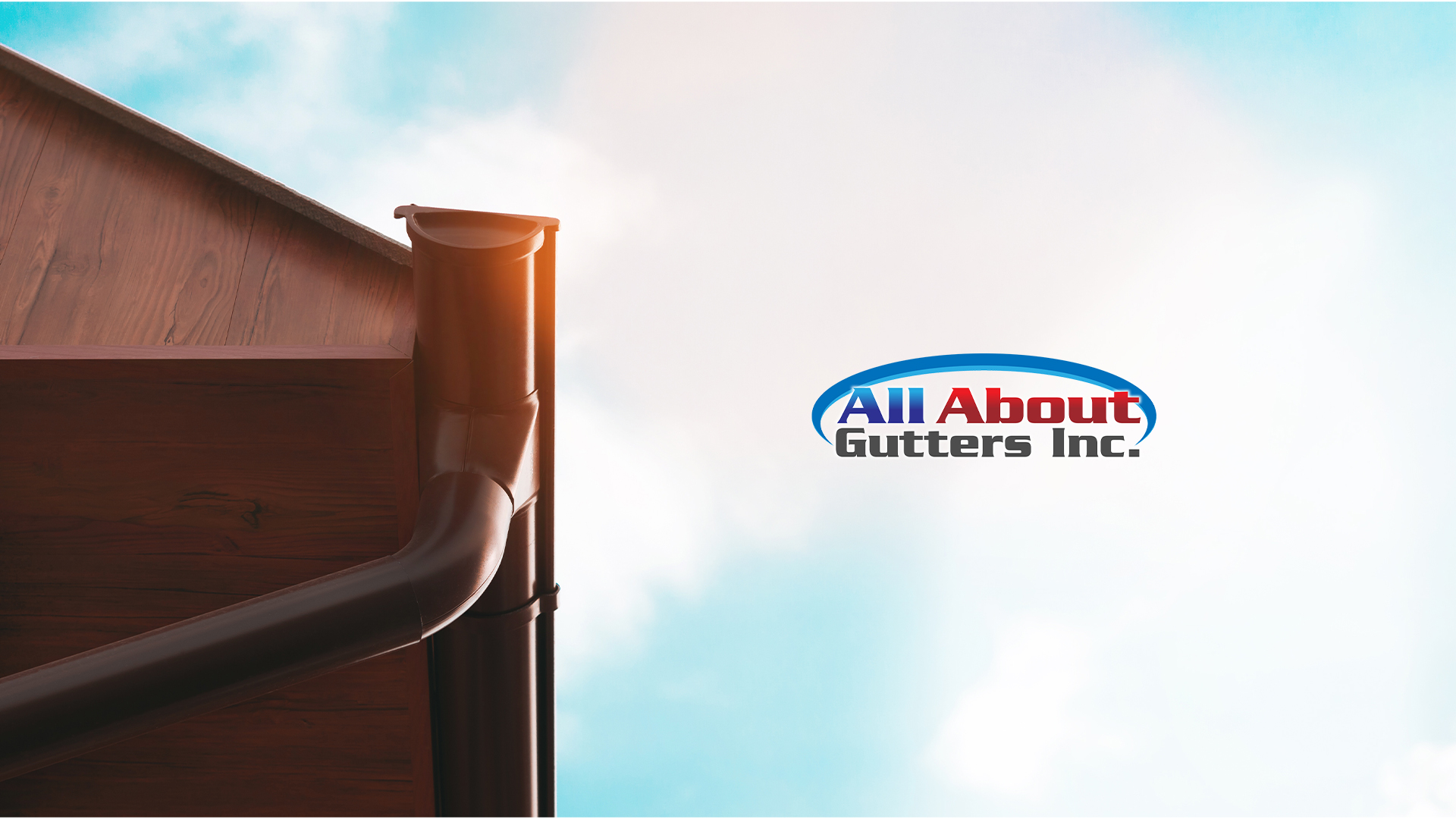What is the difference between industrial gutters and residential gutters?
Before delving into the differences between a domestic gutter installation and an installation for a public building, a few things need to be clarified. The most important thing to keep in mind is that even if you live in a geographical area with very little rainfall, it is possible that it will be torrential. This means that practically any building requires a rainwater drainage system. Whether it is a house, a chalet, a block of flats or any kind of building, the installation of gutters is necessary to evacuate rainwater.
And the rain can cause serious damage. Rainwater can erode
lawns and gardens, seep into foundations, flood basements, and cause all kinds
of structural damage that will deteriorate any property and reduce its value.
Homeowners are aware of these issues and know the importance
of having a proper drainage system installed. Paying for a system that can
redirect rainwater to places where it won't damage your foundation or cause any
damage is well worth it and saves you the hassle of having to make expensive
repairs later.
Many business owners are becoming aware of this issue and
are making sure to equip their retail stores, office buildings and industrial
warehouses with cost-effective solutions that keep their properties protected
from the rain.
However, what still puzzles many owners of public buildings
is the difference between rain gutters for their buildings compared to domestic
installations. Here are some of the basic differences between the two types.
The material that the gutters are
made of
In many commercial premises and other buildings open to the
public you will never see gutters made of PVC. This is due to their low
resistance; it is a very versatile material but exposing it to sun, rain and
changes in temperature tend to make it brittle. In addition, they are usually
weak due to the joints, the joints are exposed to expansion and contraction due
to changes in temperature, which ends up weakening the pieces and calls into
question the effectiveness of the drainage system. Consequently breaks and
cracks are common in this type of gutters.
Due to this, it is common for metal gutters to be used in
professional and commercial environments, whether they are made of aluminium,
stainless steel or copper. Aluminum gutters are usually the most chosen
optionin these cases, above all because of its excellent quality-price ratio,
its lightness and its greater ease of installation. In addition, it is a
material that withstands any inclement weather very well, including direct
exposure to the sun for long periods of time.
Gutter drainage capacity
A large building obviously collects more rain than an
average residential property. Consequently, larger gutters are usually
installed, capable of draining more liters in less time, otherwise during a
storm the system could collapse and stop doing its job correctly.
But it is not only the capacity of the gutters that is
important. Ease of cleaning and maintenance is essential. Aluminum gutters
allow the installation of gratings and downspout protectors that prevent dirt
from depositing and eventually clogging. These options are not available with
PVC models, which are more expensive to maintain in the long run.
In short, the benefits of having a good gutter system in
your business are many. These include increasing the value of the property,
improving the exterior appearance, preventing deterioration of the façade and
foundation, keeping the surrounding area free of accumulations of water for
workers and clients, and reducing long-term property maintenance costs.
After reading this it is very possible that you are considering installing or improving the guttering system of your business or home. At All About Gutters Inc, we have extensive experience in the installation, cleaning and maintenance of gutter systems. You can ask us for advice on your drainage system and request a free quote so that your gutters last a lifetime without giving you any problems.
.jpg)



Comments
Post a Comment